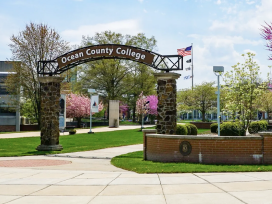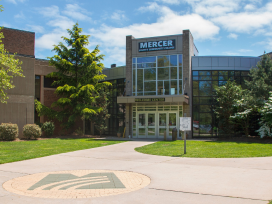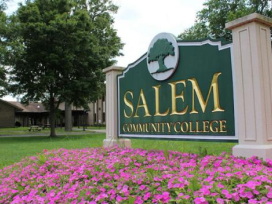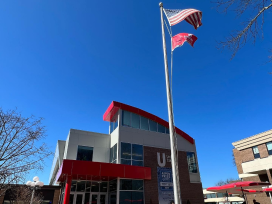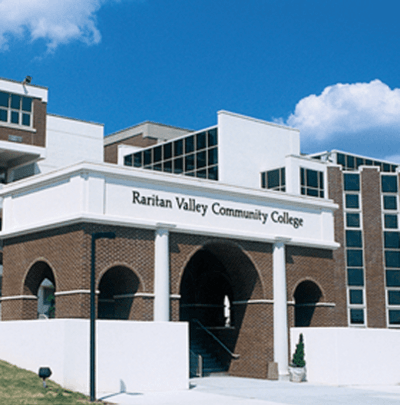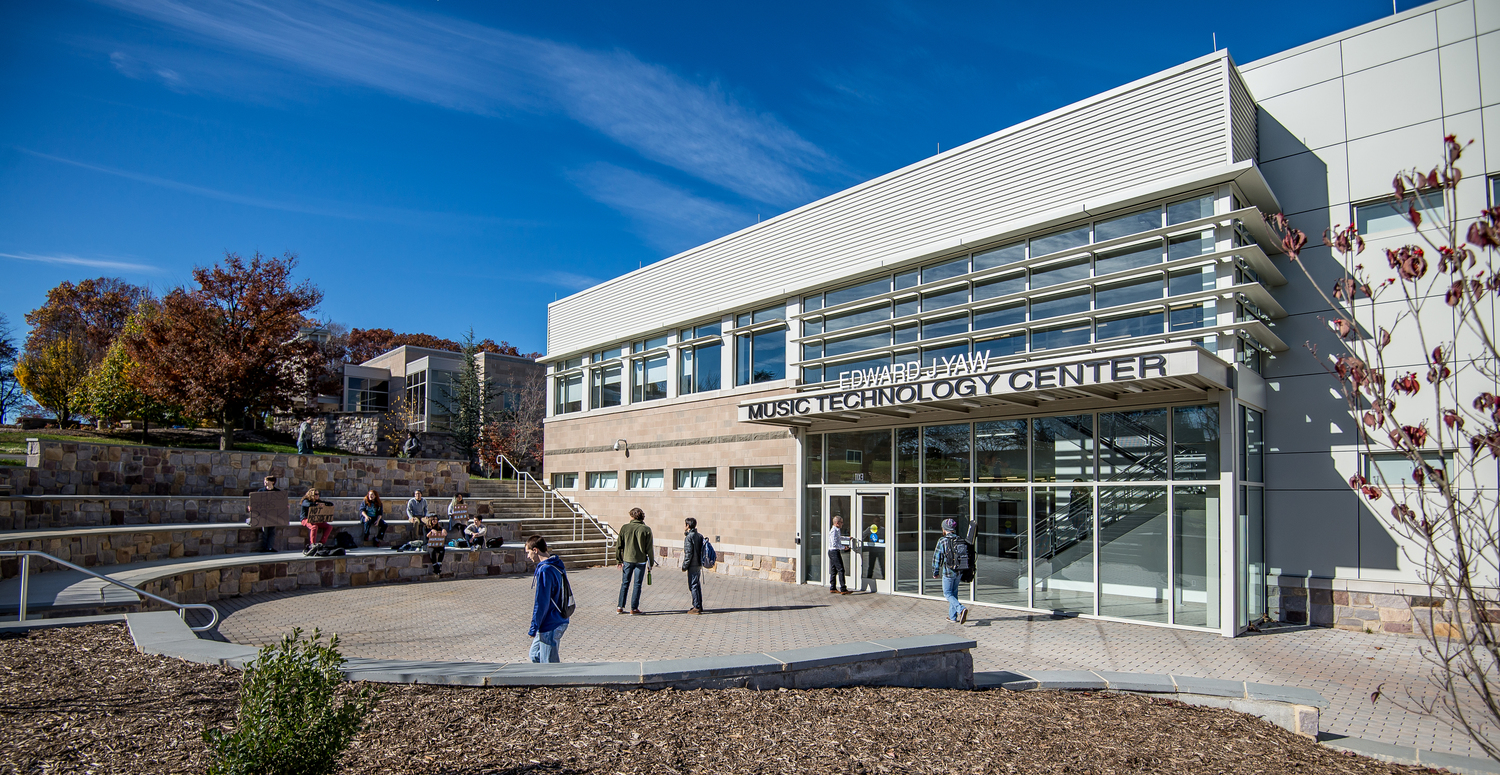NJCCC, NJBIA Laud Lampitt for Legislative Career Easing Transfer of College Credits, Improving Workforce Development

The New Jersey Council of County Colleges (NJCCC) and NJBIA are saluting Assemblywoman Pamela Lampitt in her final voting session today, while supporting legislation that updates an important 2007 law she championed that increases affordability for college students, which helped define her tenure in the Legislature.
Bill A-4220, which is scheduled for a vote with the full Assembly today, revises the process and codifies standards for statewide transfer agreements of academic credit and reverse credit for participating institutions of higher education.
This is an update of the 2007 “Lampitt Law,” which makes transferring community college credits to a four-year institution easier for students by requiring institutions to create transfer agreements.
Lampitt has represented New Jersey’s 6th Legislative District since 2006, while serving as chair of the Assembly Education Committee. She will become Camden County Clerk in 2025.
“On behalf of New Jersey’s 18 community colleges and our 240,000 students, the New Jersey Council of County Colleges wishes to express our profound gratitude for the impactful legislative career of Assemblywoman Pamela Lampitt,” said NJCCC President Aaron Fichtner.
“Thanks to her extraordinary and insightful leadership, the legislation and comprehensive Statewide Transfer Agreement that is synonymous with her name has vastly improved opportunities for New Jersey community college students who transfer to four-year colleges and universities.”
NJBIA Chief Government Affairs Officer Christopher Emigholz also lauded Lampitt for her key sponsorship of a law creating the NJBIA Basic Skills Training Program, which has provided free training at New Jersey Community Colleges to more than 200,000 workers employed by more than 12,000 employers since the program’s inception in 2007.
“From the original Lampitt Law to the Basic Skills Training Program that has provided literacy training to thousands of workers to her other work as an education policy leader, Assemblywoman Lampitt leaves a lasting legacy of partnering with the business and education communities to improve our workforce that is unrivaled in the New Jersey Legislature,” Emigholz said.
“NJBIA and I are proud to have been part of that.”
Current law requires institutions of higher education, both public and independent, to establish and enter into a collective statewide reverse transfer agreement for the awarding of associate degrees by the county colleges.
A-4220 outlines provisions that must be included in the statewide transfer agreement and the statewide reverse transfer agreement, and authorizes the New Jersey Presidents’ Council, in consultation with a New Jersey Transfer Ombudsman, to establish the two agreements.
The statewide transfer agreement must be reviewed and approved by the Secretary of Higher Education every five years and independent institutions of higher education may elect to enter into statewide reverse transfer agreements.
“The more we can ensure that credit hours earned at any of our high-quality community colleges can count towards a degree at our fine four-year institutions, the better,” said NJBIA Vice President of Government Affairs Althea D. Ford.
“We thank Assemblywoman Lampitt for the updates in this legislation as it cements the Chairwoman’s legacy to bring valuable post-secondary educational opportunities within reach for more students.”
NJCCC Chief Innovation and Policy Officer Maria Heidkamp said, because of the Lampitt Law, more than 91% of students who completed an associate degree saw all of their credits accepted by four-year public institutions,
Prior to that 2007 law, that number was only 65%.
“This results in cost savings for students and putting them on a path to academic and career success,” Heidkamp said.
“New Jersey has also been recognized nationally as a leader in helping students with financial aid when they begin at community colleges and eventually earn a bachelor’s degree. This is another impact of Assemblywoman Lampitt’s important contribution to New Jersey’s higher education landscape.”









